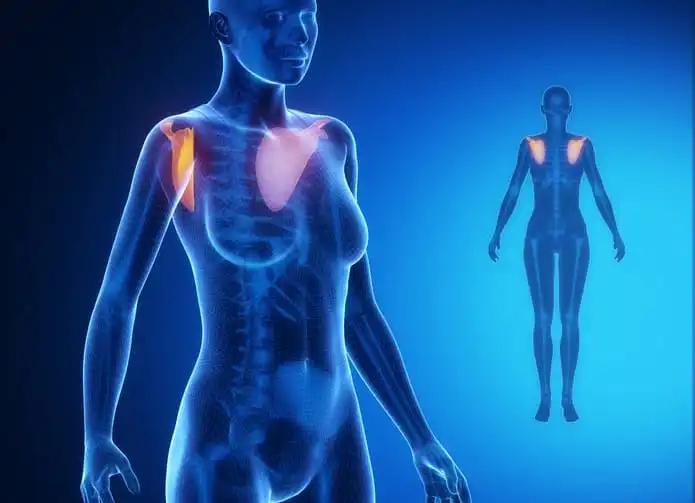KEY TAKEAWAYS
- Atezolizumab is added to neoadjuvant chemotherapy in stage II/III triple-negative breast cancer patients in the IMpassion031 phase 3 trial.
- The trial examined pathologic complete response rates with atezolizumab-chemotherapy.
- Patients received atezolizumab or a placebo with weekly nab-paclitaxel and every 2-week dose-dense doxorubicin+cyclophosphamide.
- EORTC QLQ-C30 and FACT-G single-item GP5 are patient-reported outcomes measures used to assess treatment burden.
- Secondary outcomes included QLQ-C30 function and global health status/quality of life scale mean and mean change from baseline values.
- Atezolizumab added to neoadjuvant chemotherapy for early-stage TNBC enhanced pathologic complete response rates without increasing patient burden.
As seen by patients with possibly curable early-stage triple-negative breast cancer (TNBC), results lack data measuring the burden of immunotherapy treatment. However, these patient-reported results inform clinical benefits and decision-making about adding atezolizumab to neoadjuvant chemotherapy in early-stage TNBC. Patients with stage II/III TNBC (T2-T4d initial tumors) were randomized to receive either neoadjuvant atezolizumab 840 mg every 2 weeks or a placebo with weekly nab-paclitaxel for 3 cycles, then neoadjuvant dose-dense doxorubicin+cyclophosphamide every 2 weeks for 5 cycles (4 weeks/cycle) (2 cycles). In addition, the atezolizumab-chemotherapy group received 1,200 mg of atezolizumab every 3 weeks after surgery (11 cycles). Patients receiving placebos alongside chemotherapy were monitored as usual.
Patients completed the EORTC QLQ-C30 and FACT-G single-item GP5 to assess treatment burden from the patient’s perspective, which included assessments of the treatment’s influence on patients’ functioning and health-related quality of life (HRQoL), as well as patients’ experience of treatment-related symptoms and their associated annoyance. Mean and mean change from baseline values on the QLQ-function C30’s (role and physical) and global health status/quality of life scales were predefined secondary objectives. Mean and change from baseline in treatment-related symptoms and the bothersomeness of treatment-related side effects were exploratory goals. The two groups had equivalent pre-treatment and post-treatment physical, role-functional, and HRQoL scores. At each visit during the neoadjuvant phase, patients in both groups reported treatment-related side effects comparable in severity to those experienced by the other group. Adding atezolizumab to neoadjuvant chemotherapy for early-stage TNBC improved pathologic complete response without increasing the treatment burden on patients.
Source: https://pubmed.ncbi.nlm.nih.gov/36123366/
Clinical Trial: https://clinicaltrials.gov/ct2/show/NCT03197935
Barrios CH, Saji S, Harbeck N, Zhang H, Jung KH, Patel S, Patel S, Duc AN, Liste-Hermoso M, Chui SY, Mittendorf EA. Patient-reported outcomes from a randomized trial of neoadjuvant atezolizumab-chemotherapy in early triple-negative breast cancer. NPJ Breast Cancer. 2022 Sep 19;8(1):108. doi: 10.1038/s41523-022-00457-3. PMID: 36123366; PMCID: PMC9485121.



